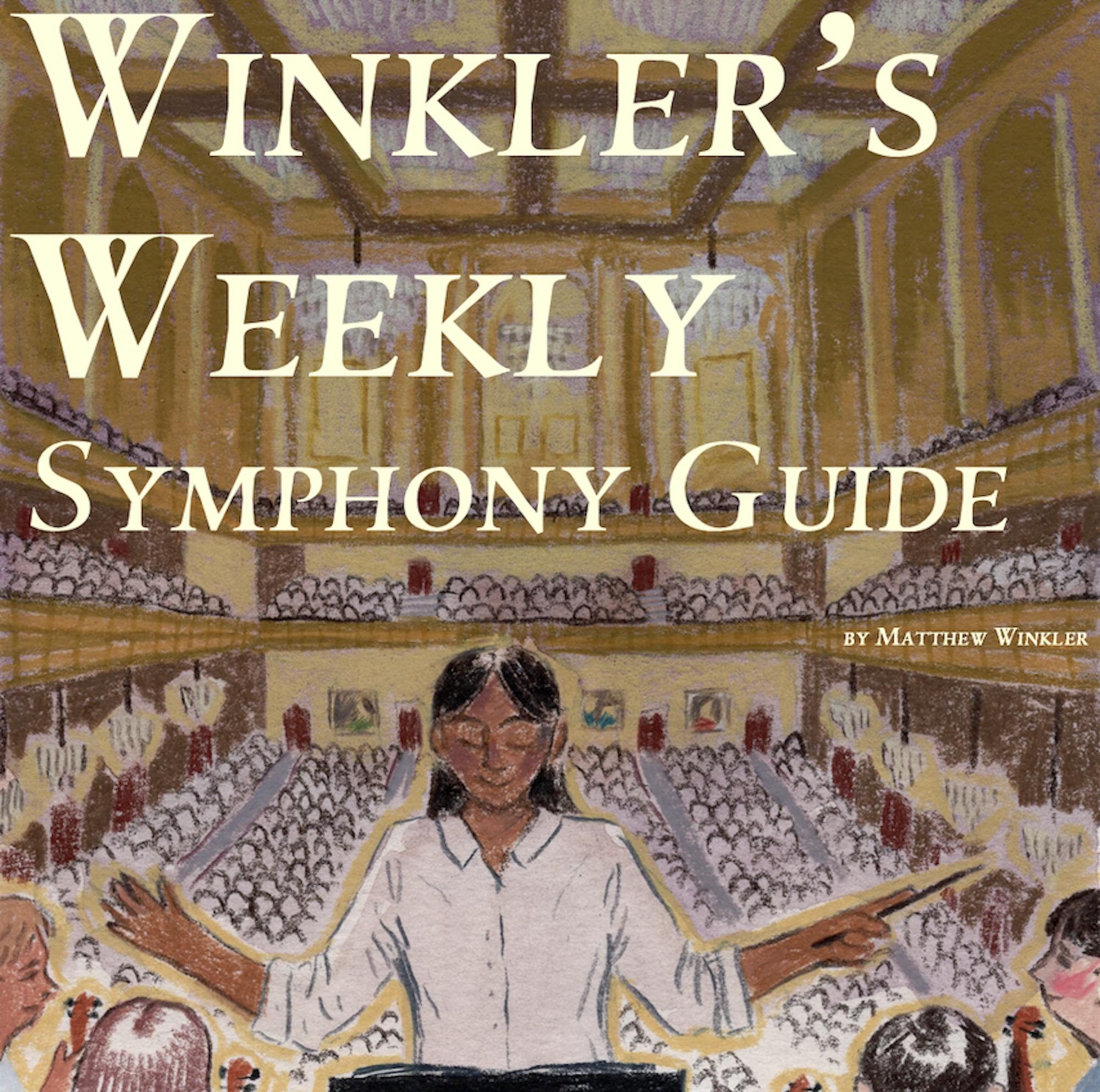I recently interviewed pianist Eric Lu about his upcoming performance with the Boston Symphony Orchestra from April 6–8. I could not include everything we talked about in our interview in the initial piece, so I have a few more quotes from Lu for my column this week.
Responses have been lightly edited for length and clarity.
Q: How can we bring classical music to people who are skeptical about it?
A: I just think most people who maybe are skeptical to it, they just haven’t really had any opportunity to really be exposed to it. The wonderful elements that attracted, let’s say, myself or other classical music lovers in the very beginning is something that has nothing to do with the intellectual elements, it’s just freshness. The music really describes everything in humanity and in life. It can show the most beautiful colors and the saddest emotions, the most torment and everything in between. If someone is sitting in the concert hall and they hear the Ninth Symphony by Beethoven or they hear Mozart’s Requiem or Schubert Cello Quintet, it’s hard to not have any sort of reaction to it. I am a firm believer in the greatness of this music and the greatness of the art. So I think, just in any way possible, if people can be introduced to it, [they will] find it to be an intricate part of their lives.
Q: For Mozart, are there any pianists you’ve turned to when listening? How do you strike the balance between emulation and finding your own voice?
A: I certainly have always admired Mitsuko. Mitsuko Uchida’s Mozart concertos are absolutely fantastic. Also, Murray Perahia and Radu Lupu, I would probably name these three pianists. Certainly, over the years, I've taken inspiration from their performances, but I try to really go my own way and find what works for me and organically for the moments with each performance, which is always evolving.
Q: What pieces do you recommend to people new to classical music?
A: I actually really love, and connected so deeply immediately with, the Mozart Requiem … also Beethoven symphonies. Bach, anything, the Mass in D Minor is probably his ultimate greatest work. With piano, so many pieces by Bach, by Chopin. Let’s say the Chopin 24 Preludes, it has so much in there, everything. Or Schubert. Schubert impromptus initially are absolutely stunning.
Q: What was it like to go to college and start a career as a professional musician so young?
A: Going to [the Curtis Institute of Music] at 15 was very good for me to just leave home and be forced to be more independent. I grew up faster in that kind of way. With touring early, my life was never a straight line at all, but everything happened for a reason. And I learned from everything, really. So just getting that experience early on, I could make my mistakes and learn from them and then just have more stage experience and how to handle this very tough life. And not that I really know now, but it certainly helped that I’ve had some years of experience doing it.






